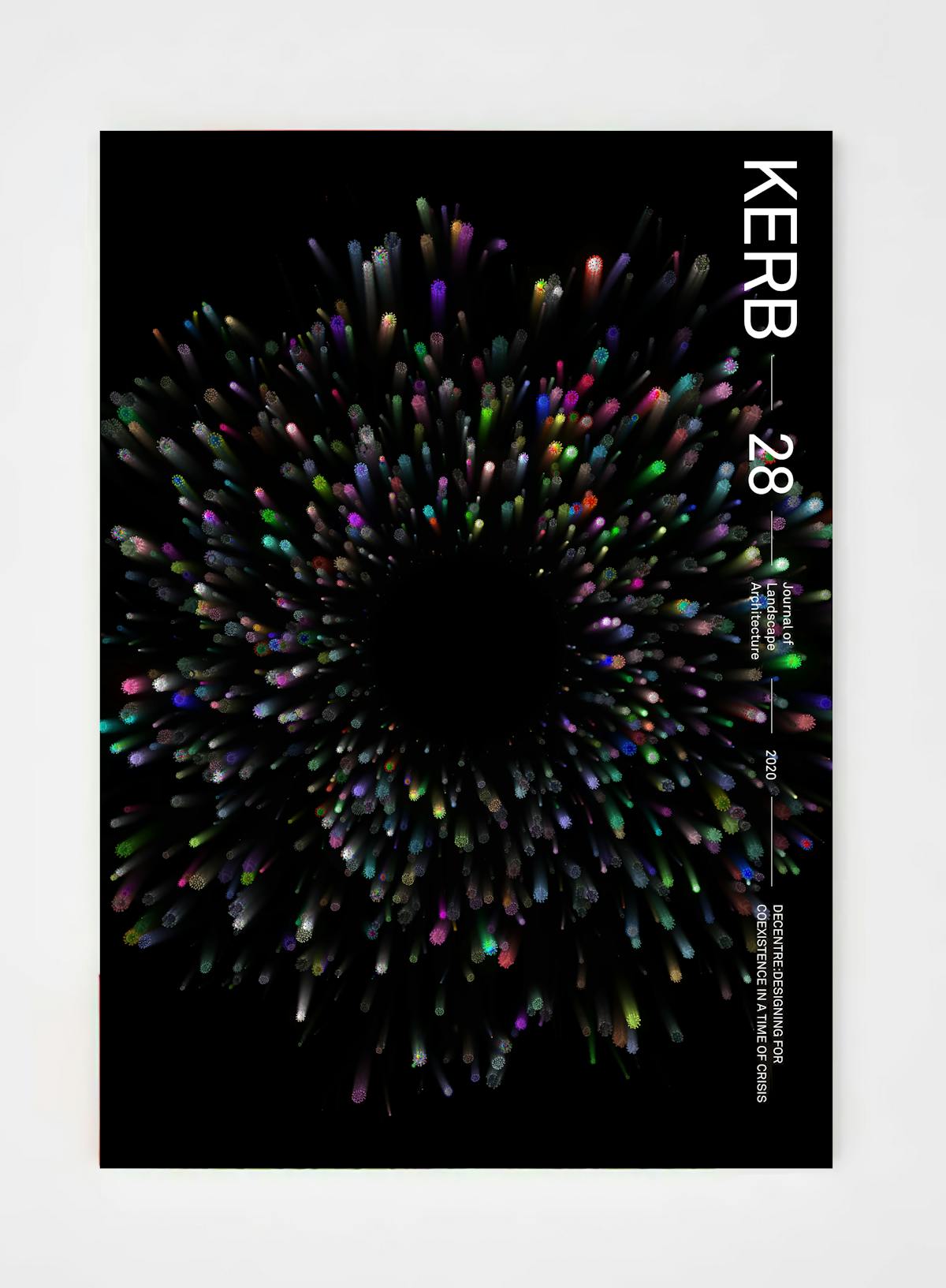The question of aesthetics has become significant to the task of engaging more-than-humanness and of decentring humans. We put forward the contention thatfor many in landscape architecture, responding to this task probably involves an appeal to some sort of object-oriented ontology or other brand of speculative realism. In this piece we argue that Gilles Deleuze and Félix Guattari’s notion of assemblage, and Deleuze’s aesthetic technique of expression are of significant value for this task and also deserve attention.
Speculative aesthetics
The editors, Askin et. al, of one of the first significant collections of writings devoted to speculative realist aesthetics refer to the philosopher Steven Shaviro who notes that the philosopher Immanual Kant ‘distinguishes between three types of pleasurable experience: that of the agreeable, that of the good, and that of the beautiful’.1 Only the last of these is disinterested; only ‘the beautiful’ according to Kant is ‘an object of satisfaction without any interest … The beautiful involves no subsumption of the object under a determinate concept [the concept of an end, in their example of a bike tool]’… so that “the judgment of taste is not a cognitive judgment”, and hence it is neither grounded on concepts nor aimed at them.’2 So that, according to the editors (an obviously different and disinterested sense of) taste ‘emerges as a potential ally of speculative realism’and that it ‘may be in aesthetic thinking that we should look for a way out of the correlationist path.’3 Correlationism is the philosophical idea broadly rejected by the various brands of speculative realism ‘according to which we only ever have access to the correlation between thinking and being, and never to either term considered apart from the other’. It is considered by extension, that this centring of attention on the human-world correlate is a foundation of anthropocentrism.
Footnotes
-
R Askin et al., Speculations V: Aesthetics in the 21st Century, Punctum, Brooklyn, 2014. ↩
-
We would add that Deleuze has the very same interests in the way that Kant valued escaping conscious rational thought, but from a different perspective. In particular see G Deleuze, Difference and Repetition, trans. P Patton, Athlone Press, London, 1994. ↩
-
Quentin Meillassoux invented the notion of correlationism. Q Meillassoux, After Finitude: An Essay on the Necessity of Contingency, trans. R Brassier, Continuum, New York, 2008, p. 5. ↩
